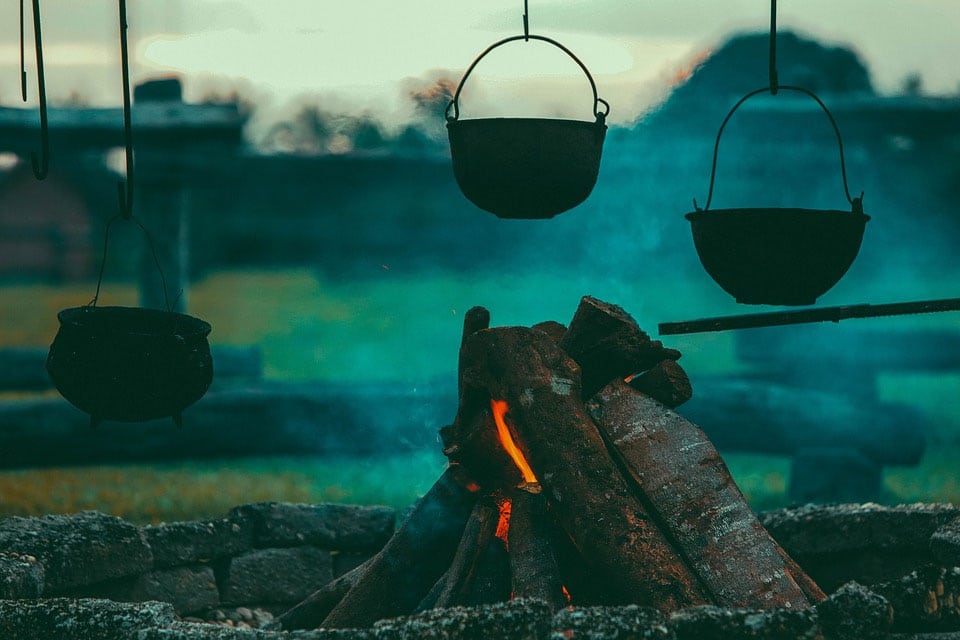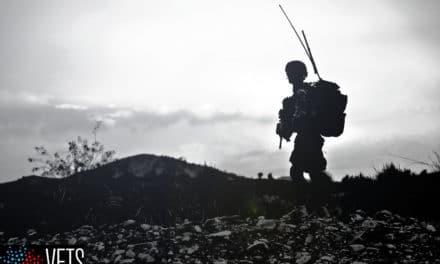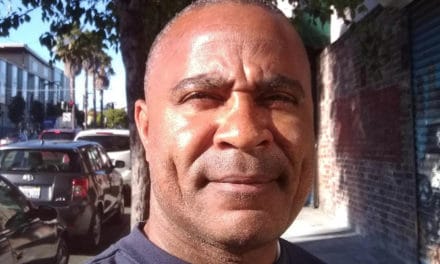In our first interview with Wyly Gray, he shared his story of battling PTSD, contemplating suicide, and eventually finding ayahuasca and pivoting his nonprofit Veterans of War towards preventing veteran suicide via plant medicine experiences. In this follow-up, Wyly talks about the importance of ayahuasca integration, why scientists should be more interested in studying ayahuasca, and just how severely the veteran community needs effective PTSD treatments.
Thanks for speaking with us again, Wyly. Can you share more about what Veterans of War does and how it’s structured to serve veterans who are struggling with PTSD?
Veterans of War has a unit mentality. I’m trying to recreate a sense of a shared community and a shared experience like we had in the military. We’re going to build strong bonds to one another through the shared experience of an ayahuasca journey. I’m also bookending each of these ayahuasca workshops with pretty extensive preparation and integration phases, and then in perpetuity pairing veteran participants with a peer or mentor so they can continue to have connection and support. The goal of that is to help these veterans to truly be successful. And hopefully some of these veterans that go through our program can become mentors for the subsequent veterans that follow them on this path.
That’s such a fantastic approach. I wish every facilitator would include ayahuasca integration in their services. I’m curious, have you had any difficulty getting veterans interested in this kind of work? Ayahuasca can be associated with New Age spiritualism and such.
Yeah, I think one of the biggest challenges isn’t the ceremonies themselves, but the ayahuasca integration afterwards. To be honest with you, ayahuasca integration has been the biggest challenge with me.
One of the things we’re taught in the military right away is to not trust everything you read or hear, and to rely on trusted sources that you personally know. So we’re really reliant on word-of-mouth. Also, the reality of the desperation that these guys are facing is a significant factor. A lot of veterans have done their due diligence and tried what has been prescribed, and it just simply hasn’t worked. There’s an entire generation of my brothers and sisters—600 veterans a month—being lost to a preventable outcome, which is suicide. The fact that this alternative modality is not widely accepted to me is a travesty. It won’t work for everybody, just like any medication doesn’t work for everybody, but I really feel confident that done in the right way, it can show tremendous results.
We as a community cannot wait. Parents, husbands and wives are losing their sons and daughters to a preventable outcome. So I’m using my two hands where I can to help find meaningful answers.
You’ve experienced ayahuasca in Iquitos and the jungles of Peru. Do you feel like being in the jungle was an integral piece of this experience, or would it be great to have legal ayahuasca centers across the US that people could access more easily?
Absolutely. This is our birthright as human beings. The Abrahamic faiths all believe that God made this planet for our benefit. To think that one plant is somehow evil or bad doesn’t strike me as true in any way. We’ve really separated ourselves from the divine, and we like to have intermediaries like priests who talk to God for us. This idea of self exploration has taken a backseat, but I think it’s a birthright of being a human on this planet to have access to these tools and to experience this for ourselves.
And there’s really no abuse potential. Unless you particularly enjoy uncontrollable vomiting and diarrhea, for most people it’s not a very good time. I tell these veterans, “This is about as comfortable as digging into a festering wound with your bare hands.” It should be approached with all due reverence and preparation.
Should it be here? It’s so silly that I have to leave my country and pay to travel to have legal access to what is essentially, tea. The cost really should be how much does it cost to grow a vine and a bush and sit and add water (hopefully with a trained guide/practitioner.) I think it’s crazy.
It’s fantastic that psilocybin and MDMA are looking to become legal medications soon, but ayahuasca does not fit easily into the Western medical paradigm. As an admixture brew, you can’t just easily synthesize it or make it into homogenous pill form. Ayahuasca is unique in this way, and unfortunately it means scientists are less interested or incentivized to study it. There are some churches that have legal rights to use it, but I wonder if it will ever be studied similarly to the synthetics.
It should definitely be something that the medical community shows more interest in. How can medical professionals deny the results that so many people have testified to?
It’s odd to me that you can stamp a pill with Pfizer and be assaulted on TV 24 hours a day with all the medications available by Big Pharma and all the terrible side effects associated with many of them, and yet here sits this plant that has been growing on this planet since time immemorial, that’s been a part of culture since culture began, and it’s somehow demonized and ostracized. You look at the side effects for this tea, and they are slim to none. How many people have died on ayahuasca? It’s a tiny number, in thousands of years of use. I’d like to see a pharmaceutical company boast the same kind of numbers.
I couldn’t agree more. If someone wants to learn more about Veterans of War or help your cause, how can they get in touch or support you?
Become our patron on Patreon.com/veteransofwar. Donate directly on www.veteransofwar.org/donate. If you have expertise in an area, or a skill that you feel would add value, or you simply have comments or suggestions, reach out. If you know veterans on the edge who are really struggling, encourage them to apply to our program: www.veteransofwar.org/application. I’m not promising that I can help everybody, or that this work is right for everybody, but if I can’t help, chances are I can point you in the direction of someone who can.
Fireteam Alpha, our first cohort, has been selected. Alpha departs for Iquitos, Peru for their workshop May 20th, 2020. Fireteam Bravo is currently forming with expected workshop in mid-November.











